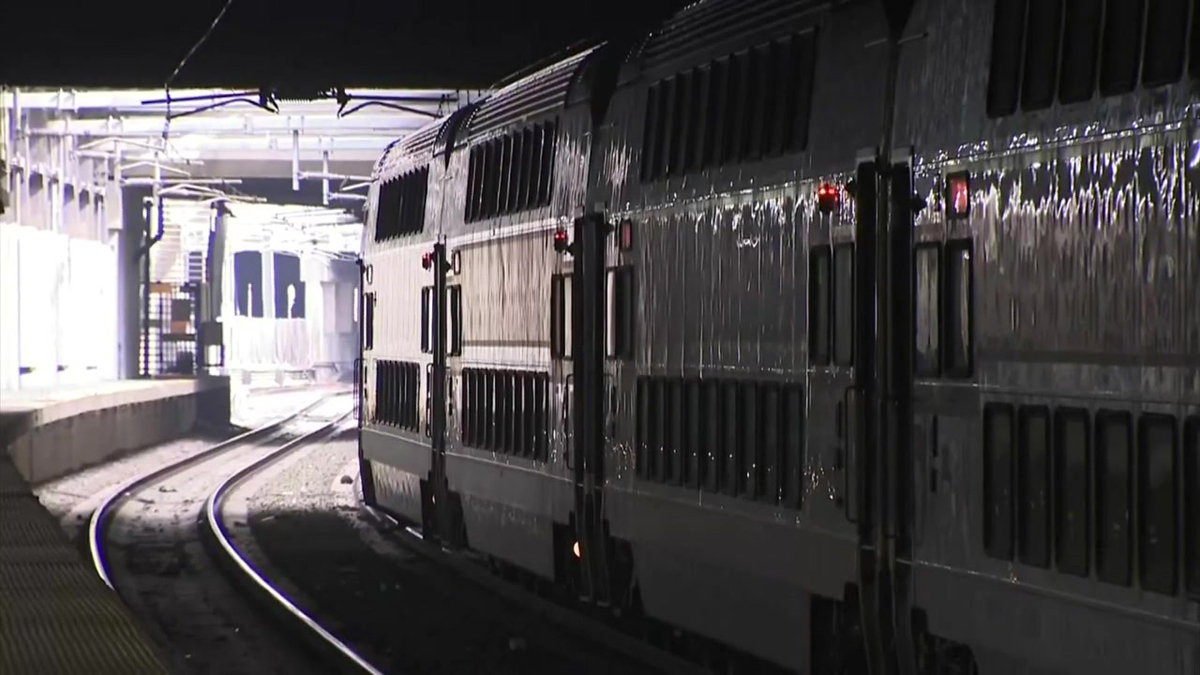You're definitely not wrong - having the systems in place is valuable and important even if it is a cost center - its like good IT infrastructure, it helps make everything work. However, my point is that its two halves of the same coin - you need the system to be able to know things, but then those known things need to be communicated so they can be acted upon.
In essence, they might now know what components make up the sausage machine, but they still don't know what the sausage is made of. The board now knows how the MBTA intends to keep track of its assets, the processes, components, aspects being tracked, and the tools and people that the T is using to do that. All of that is great, but my point is what they, and we the public, haven't been told is anything about the actual state of the underlying assets that make up the T. Just knowing about the tools the T is using doesn't tell anyone how well the T is actually achieving its SGR goals - the data those tools should be able to provide about the physical state of the T does. Just knowing about the tracking system doesn't do much to help the decision makers (aka the board) know what is going on with the underlying assets, and therefore any hard questions they need to be asking. Knowing that 100% of track assets is in the system means that track conditions like on Orange that was the target of the FTA is quantified. So how many feet of track in the system are in a similar condition, and being managed in similar fashion?
Since 2019 when this system was first commissioned and the TAMP released, we haven't seen a single update on the overall scope of the SGR backlog. Way back in May 2019 they were projecting $10.7B, +$600m additional in October for power systems, with fully catching up projected in 2032. After almost 3 full years of "Building a Better T" acceleration programs, full access closures and bus diversions while quoting things like 'completed x number of months / years earlier than originally planned,' neither Joe Public and the board have no clue where we actually stand in terms of SGR. Are we actually ahead of schedule and are going to get to SGR before 2032? Or, as the FTA SMA seems to suggest, are deferred maintenance tasks continuing to accrue?

whdh.com

